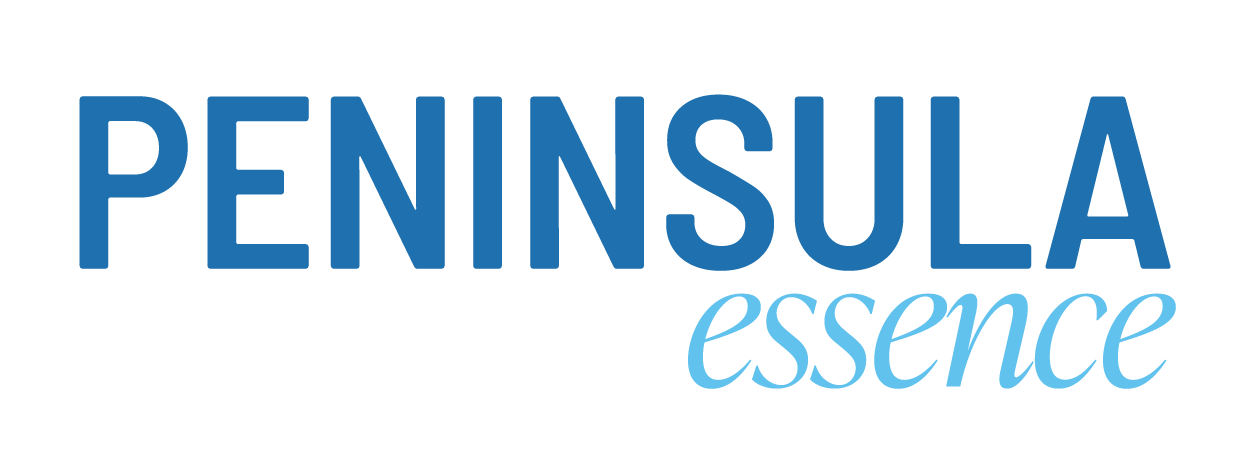By Helen Baker
1. Revisit everyday finances
A budget is one of the five foundations on which financial security and independence are built. But things change over time, so it needs regular updates.
Incomes change with promotions, new jobs, bonuses, or redundancies. Meanwhile, spending changes with marriage, divorce, growing your family, moving house etc.
Adjust your plan to your new reality. If costs have risen, look for savings elsewhere. If your income grows you may have more to save or invest.
2. Consider refinancing
Given recent property value gains, you should have more equity in your home as leverage.
If possible, keep your loan-to-value ratio (LVR) below 80 per cent (i.e., your total loan amount is less than 80 per cent of your property’s current value). This will put you in a stronger negotiating position.
3. Monitor online spending
Online shopping is booming, but don’t let your spending boom unchecked too.
Jumping from site to site, you may not realise how much your credit card is racking up. Check it and pay it off regularly to avoid a nasty debt accruing.
Also weigh up buy-now-pay-later schemes. Sure, they break your purchases into more manageable instalments. But the costs spiral if you pay late or miss instalments. Will they affect your credit rating?
4. Super catch-up
If you lost work or withdrew super funds due to COVID, your superannuation took a hit. Now that you’re (hopefully) working again, try to replenish those funds.
Super catch-up rules (what the ATO calls “carry-forward unused concessional contributions”) enable you to make additional contributions without attracting extra tax.
Not replacing that money could lose you as much as $200,000 towards your retirement.
5. Analyse investment gains
Consider whether it’s time to cash out or if you can leverage them to fund new investments. Also, how do those gains impact your tax liability? Gains are nice, Capital Gains Tax not so much.
6. Visit advisors
Have you ever met with a financial adviser or seen your adviser recently? Now’s the time to fix that. Quality advice generally pays for itself.
Lots has changed that you may not be aware of: super contribution rates and indexing levels, small business support, insurance terms, and tax rates to name a few.
In money matters, ignorance is never bliss. Quality advice generally pays for itself and helps avoid a costly mistake.
onyourowntwofeet.com.au
First published in Peninsula Essence, Peninsula Finance Experts – June 2022





